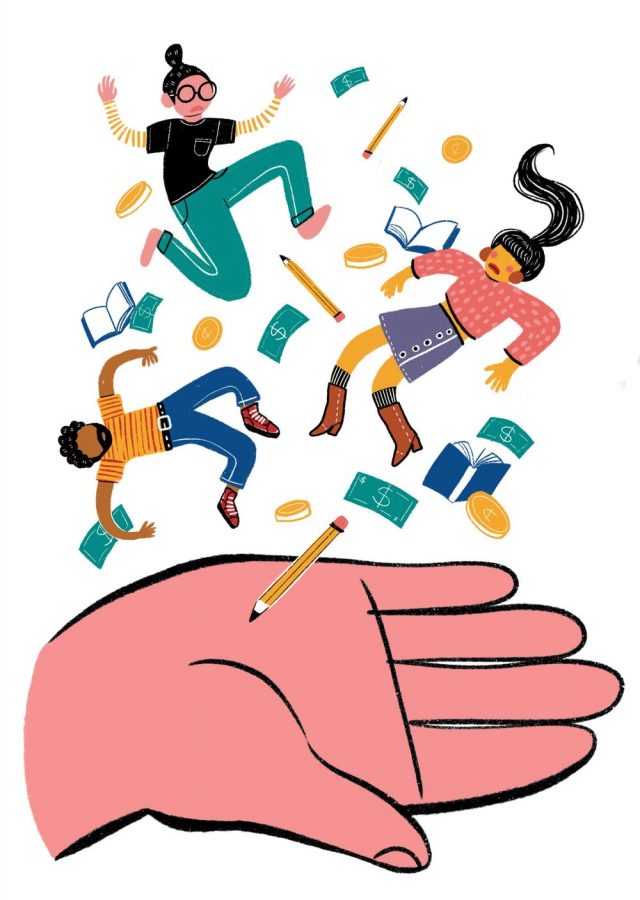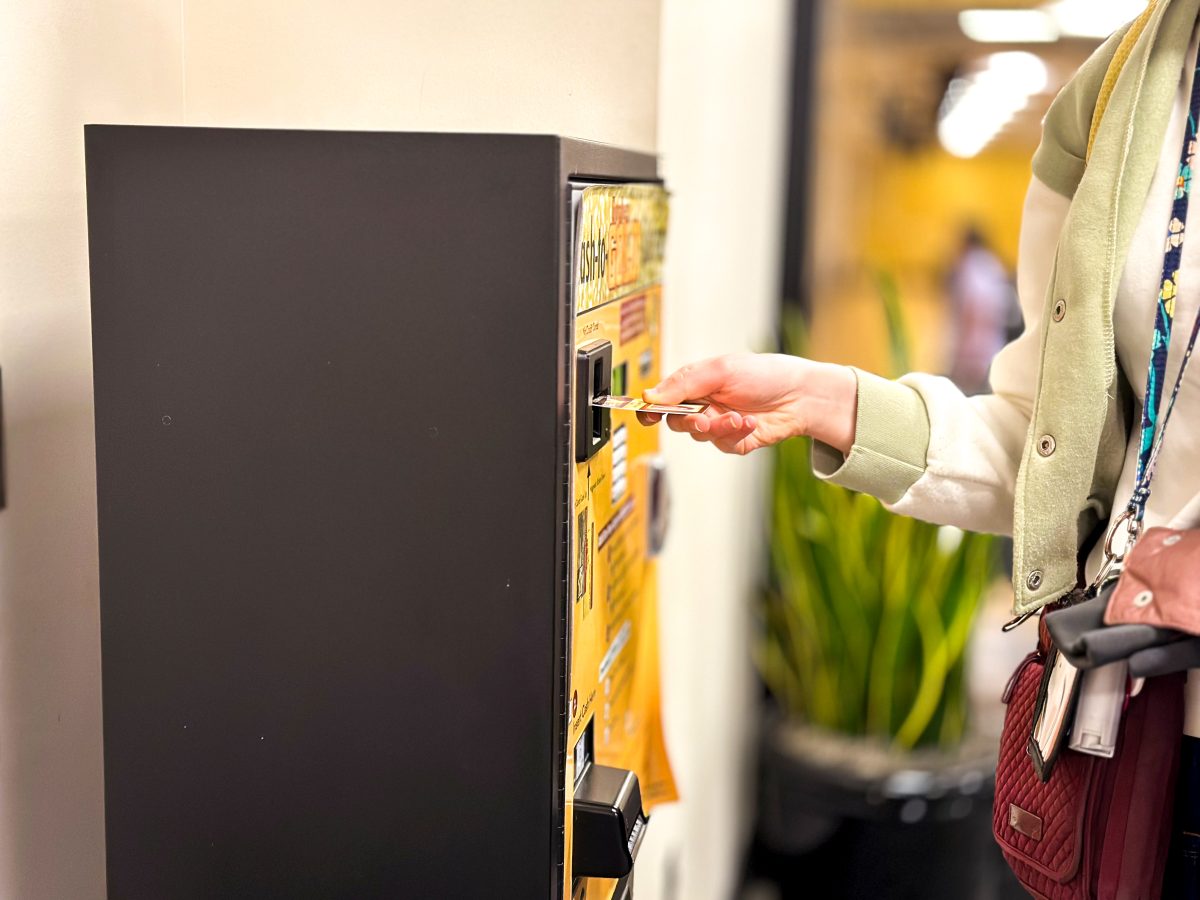The COVID-19 pandemic has continued to impact many facets of life, and getting back to a sense of “normal” has been an oftentimes welcome but nerve-wracking process. Higher education was not left unscathed in this regard.
At the University of Minnesota, the current expectation is that most classes will be held in person with an indoor mask mandate and student vaccine requirement. Faculty at the University shared their responses to returning to campus, responses that ranged from trepidation and frustration to careful excitement.
“I think most faculty are happy to be back in the classroom,” physics professor Aaron Wynveen said. “[But] I see the anxiety among some of the faculty.”
While faculty generally support the mask mandate and student vaccine requirement, one concern among some faculty has to do with how the University structured the vaccine requirement forms, some faculty said. Currently, students only have to submit the dates of their vaccine doses and do not need to provide documentation of their vaccination.
“I don’t think it’s really out of the question to just ask for [students to] send a photo of the front and back of [their] vaccine card,” computer science professor Christopher Kauffman said. “If [they] had at least required a picture, I think that would have made me feel a little bit better about it.”
In response, some faculty wrote an open letter to the administration advocating for stronger safety guidelines. Among other things, the letter calls for a stronger vaccine mandate, clear guidance on mask enforcement and enhanced flexibility.
Some faculty said they worry there is too much room for a student to lie about their vaccine status if they felt compelled.
“The vaccine mandate is full of holes and that’s because it’s ‘trust and not verify,’” Eva von Dassow, an associate history professor said. “Chances are, most people are not going to lie, but…that’s not sufficient in the view of many people—that isn’t really a vaccine mandate.”
Concern about how the University decided to mandate vaccines reaches further than just the student requirements. Some faculty also said they wished there was a faculty vaccine requirement.
The University chose not to require the vaccine for staff and faculty because there is no vaccine policy for that group, like there is for students, according to University leadership. Faculty only need to attest to being vaccinated or can decline to answer.
“I think it is very unfortunate that there is a differential vaccination requirement between students, faculty and instructors,” dance professor Carl Flink said in an email to the Minnesota Daily.
An additional concern is that professors have no way of knowing if a student in their class has COVID-19 and cannot alert their other students due to legal privacy concerns related to health information.
“There are some indications that…there’ll be a certain amount of contact tracing and students who have been associated will be informed, but I don’t have a seating chart in my classroom,” biology professor Ruth Shaw said. “I don’t know how that’s going to get done.”
Some faculty also feel they were not given enough flexibility in choosing whether they taught in-person or online. Instructors are required to teach in person with exceptions on limited grounds, so many instructors who would prefer to teach online are teaching in person, von Dassow said.
Instructors chose their class modalities in June, and trying to change them now can be an arduous process, according to Shaw. There are only two conditions in which an instructor can request to switch online: for pedagogical reasons or individual safety. This means an instructor cannot switch to online because they have an immunocompromised family member or one too young for the vaccine.
Overall, some faculty said they feel the University’s senior administration and leadership have not listened to their concerns regarding the pandemic, and more should be done to protect the safety of the University community.
“It just pains me because it really feels to me that the leaders of the administration had plenty of opportunity over the summer to put much greater precautions in place,” Shaw said.
While some faculty feel higher administration has not listened to their concerns, others feel administration has consulted with faculty leadership going into the fall semester.
“There are some faculty members that don’t think there’s been much conversation or consultation or listening by the administration,” said Ned Patterson, veterinary medicine professor and Faculty Consultative Committee chair. “My experience in faculty leadership is that there has been.”
Patterson said when there was a consensus on significant concerns, like mask-wearing and vaccine requirements, faculty leadership advocated to the administration. This did not always result in an administrative decision that directly coincided with all faculty requests.
“We may give advice and some they take and some they don’t,” Patterson said. “When there’s a wide range of opinions, you’re never going to keep everybody happy, but you have to make a reasonable decision.”
In the end, while there are numerous concerns that many faculty share, and some anxiety returning to campus, generally most faculty said they still prefer teaching safely in person and returning to “normal.”
“COVID-19 may forever be with us…we therefore are entering a new stage of the COVID-19 epidemic: Normalizing and accepting its presence,” journalism professor Marco Yzer said in an email to the Minnesota Daily. “Going back to in-person teaching is a good way to start that process.”




























Mary P
Oct 1, 2021 at 4:31 pm
Thank you, John, for mentioning the increase in depression and suicide. If you or anyone you know is struggling, please contact the National Suicide Prevention Hotline. Fwiw, I agree with you, we have to learn to live with Covid and shut downs are not the way to do that. As an instructor who just returned to in-person teaching, my students and I find that being back together, face to face, is emotionally uplifting and does a lot to mitigate the fear and uncertainty we are all dealing with because of Covid. If U of Mn admin were to require that anyone using U of Mn campuses be required to upload a picture of their vaccination card (not just ‘attest’ to having been vaccinated) we’d feel even better. The willfully unvaccinated among us are a huge liability to themselves and our community. Requiring actual proof of vaccination will help us stay healthier and hopefully reduce the need to shut down. I’m pretty sure you’ll reply to me, John, so I’ll leave the last word to you. Thank you again for your comment and take care ~
John Karnes
Oct 1, 2021 at 12:58 pm
COVID 19 will not be eliminated, we will have to learn to live with it. How long do you want to shut things down? I’m sure you are aware of depression and suicides being way up? Safe you say?
Mary P
Sep 28, 2021 at 3:56 pm
@Ned Patterson: It’s not about keeping everybody happy. It’s about keeping everybody safe.